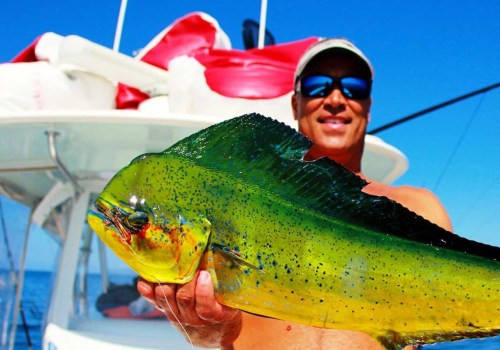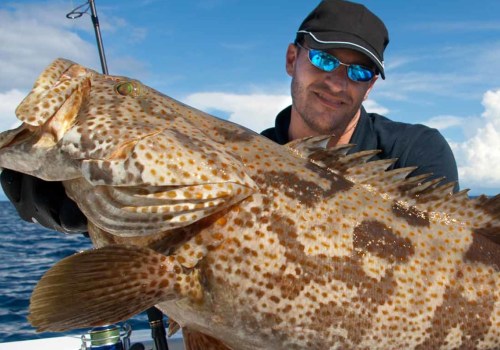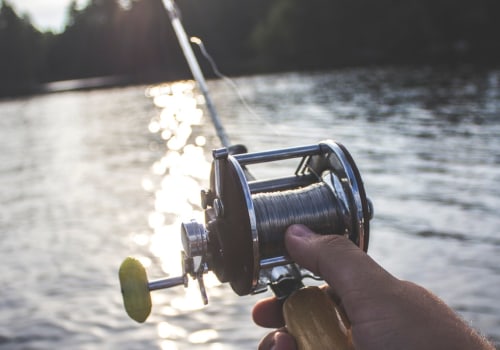Do you love deep sea fishing? If you've been fishing for a long time, you've probably become an expert in finding the best spots to catch lunkers. Opening your own fishing charter business can be a great way to make money from your skills and do what you love every day. Whether you have the right type of boat or not, you can dream of being the captain of your own charter boat and your own destination. So what does it take to make that dream come true?As an expert in the field of SEO, I understand that starting a fishing charter business is no small feat.
It requires a great deal of planning, research, and financial investment. Coming up with a good business idea and having the skills to execute it is one thing, but getting the funds to start a fishing charter business is another. Depending on the hourly fishing rate on a private charter, you can expect a higher or lower reputation in the quality of the charter boat, captain and sailor. The start-up expenses of a fishing charter business are significant, usually falling by tens of thousands of dollars. When researching the potential profitability of a fishing charter business, it has been found that a well-managed business can make a profit of around 25 percent.
To calculate this figure, assign an average number of engine hours per charter day (usually 10 hours) and multiply that by the hourly expense rate. A captain who allows customizable charters for each group is more likely to have onboard accommodations that maintain their group's content during their deep-sea fishing trip. Revenues earned by chartering the boat can offset the cost of ownership of the boat, while allowing owners to fish on board while they are in town. The great thing about charter boats is that you can usually find a series of photos and videos on the Internet that show the interior and exterior characteristics of any known charter. A state fishing charter license will normally require current certification of first aid and CPR, random drug testing, and proof of commercial liability insurance.
Finally, assign the rate you charge customers for a day of charter fishing; this figure is the money that comes in (everything else measures the money that goes out). In short, a captain who owns the charter boat works diligently to ensure that his customers are satisfied with the best possible deep-sea fishing experience. When deciding which business entity is best for a fishing charter business, it is usually the sole proprietorship and the limited liability company. In addition, it's important to budget for slow periods, as the demand for many fishing charter businesses will be somewhat seasonal, depending on where you are located. After thinking about the idea, the next step in starting your fishing charter business should be to write a business plan. As an expert in SEO, I understand that starting a fishing charter business requires careful planning and research.
It also requires significant financial investment. However, with proper management and customer satisfaction as top priorities, owning a fishing charter business can be an incredibly rewarding experience. With an average profit margin of 25 percent and customizable charters for each group, there is potential for success in this venture.








